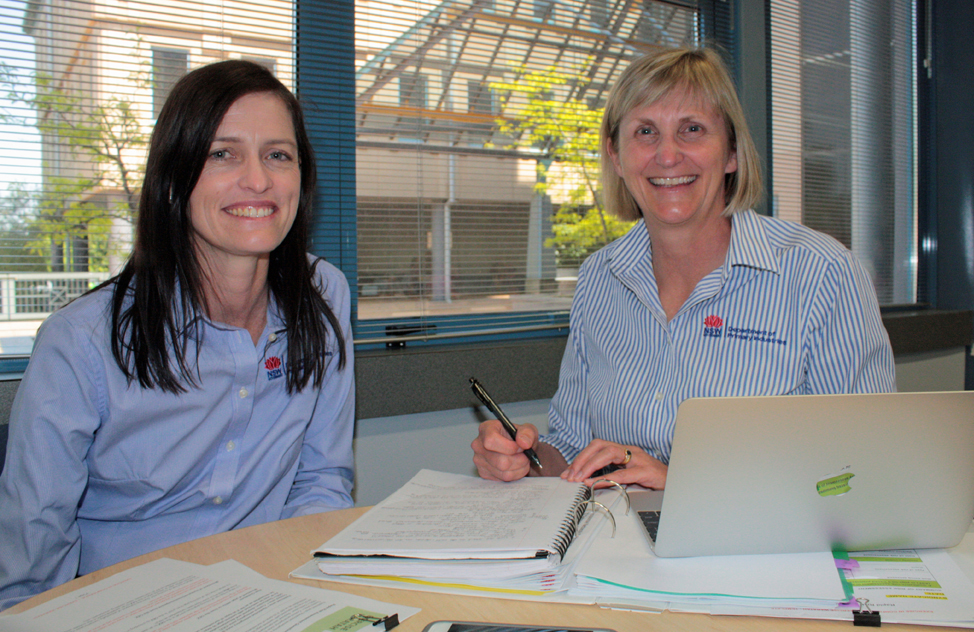
NSW Department of Primary Industries (DPI) is collaborating with the United Kingdom Department for Environment, Food and Rural Affairs (DEFRA) to take advantage and build on the UK's strategy to manage African swine fever (ASF).
NSW chief veterinary officer and DPI Animal Biosecurity group director, Sarah Britton, said a simulated exercise between NSW DPI staff in Orange and Port Stephens, Local Land Services, the CSIRO Australian Animal Health Laboratory (AAHL) in Geelong and London-based DEFRA staff will refine biosecurity risk assessments for movement during an ASF outbreak.
"Exercise Waratah is a three-day pilot project providing essential information to build the skills and competency of specialised teams who make the rapid risk assessments which would be needed in an ASF biosecurity emergency," Dr Britton said.
"The focus is on assessing what movement restrictions should be put in place to best manage an ASF outbreak, how they will work in the real world and when any movement restrictions can be lifted.
"Exercises such as this help fortify biosecurity to safeguard agricultural production, our environment and communities.
"Practicing and building skills within our teams, and in collaboration with other specialist teams boosts, our ability to respond to all biosecurity emergencies and events."
Director of the AAHL, Prof Trevor Drew, will discuss ASF transmission modes, clinical presentation and laboratory investigations. Prof Drew is a member of the Global Framework for the Progressive Control of Transboundary Animal Diseases Standing Group of Experts on ASF and previously was DEFRA's Animal and Zoonotic Viral Diseases lead scientist.
ASF is a contagious viral disease of domestic and wild pigs. It is established in Asia and parts of Europe and continues to spread. ASF has no vaccine and kills about 80 per cent of the pigs it infects. ASF poses no human health risks.
ASF has never occurred in Australia or the UK. Its changing distribution means it's a significant biosecurity threat to our country. An outbreak would be devastating for our pig production and health and damaging to our trade and the economy.
In June 2019 ASF was found in meat seized by port authorities in Northern Ireland before entering the country, the first time the ASF virus has been detected in the UK.
ASF has been reported in Belgium, Slovakia, Serbia, China, Mongolia, Vietnam, Laos, Cambodia, Myanmar, North Korea, South Korea, the Philippines, Timor Leste and Indonesia.






